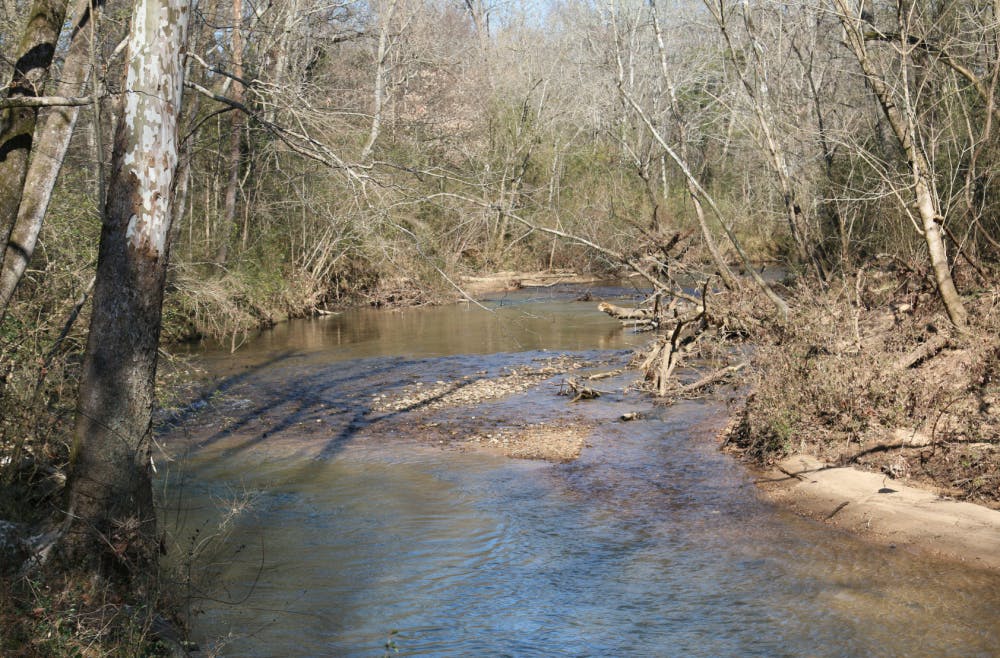AUBURN, Ala. (EETV) – Auburn is joining three other Southeastern universities in a $5 million research effort to help ensure water for agricultural production while maintaining healthy rivers and springs.
The project, funded by a five-year grant from the United States Department of Agriculture’s National Institute of Food and Agriculture, seeks to safeguard the sustainability of agriculture and forestry while protecting water quantity, quality and habitat in the underground Floridan Aquifer and the springs and rivers it feeds.
The Floridan Aquifer is among the largest and most productive aquifers in the world and is a vital regional resource shared by Alabama, Georgia and Florida. It provides irrigation for farms that contribute billions of dollars annually to the economy and supplies drinking water to 10 million people.
The University of Florida Water Institute is leading the project, joined by the Auburn University Water Resources Center, the University of Georgia and Albany State University.
Researchers in Florida and Georgia will conduct experiments to develop farming practices that reduce water and fertilizer losses while still producing a profitable crop yield.
Building on this knowledge, faculty from Auburn and Florida will develop a set of interactive computer models with input from farmers, advocates of springs and rivers, water managers and other interested stakeholders in the region, says Puneet Srivastava, biosystems engineering professor and director of Auburn’s Water Resources Center. The center is an initiative of the Alabama Agricultural Experiment Station, the College of Agriculture at Auburn and the Alabama Cooperative Extension System.
“These models will be used to predict impacts of different land use, water use and agricultural production practices on water quantity, water quality and the economies of north Florida and south Georgia,” Srivastava said. “The south Georgia impacts will be directly transferrable to our stakeholders in Alabama.”
The models will be used to integrate stakeholders’ experiences and scientific data to explore economic and environmental trade-offs among alternative scenarios of climate, land use, technology, policy and agricultural best management practice adoption. This will help stakeholders understand changes needed to achieve agricultural water security and environmental protection, Srivastava said.
The project’s Extension team will develop and deliver demonstrations of innovative agricultural best management practices, digital decision toolkits and training programs for stakeholders, all with the goal of bringing about preferred changes in production systems and incentive programs.
The aquifer, Srivastava says, faces threats of degraded water quality and reduced water quantity, both of which could negatively impact national food security, wood fiber production and vital ecosystem services.
The project team includes 14 faculty from the four participating universities. In addition to Srivastava, Auburn is also represented by Latif Kalin, a professor in the School of Forestry and Wildlife Sciences.







